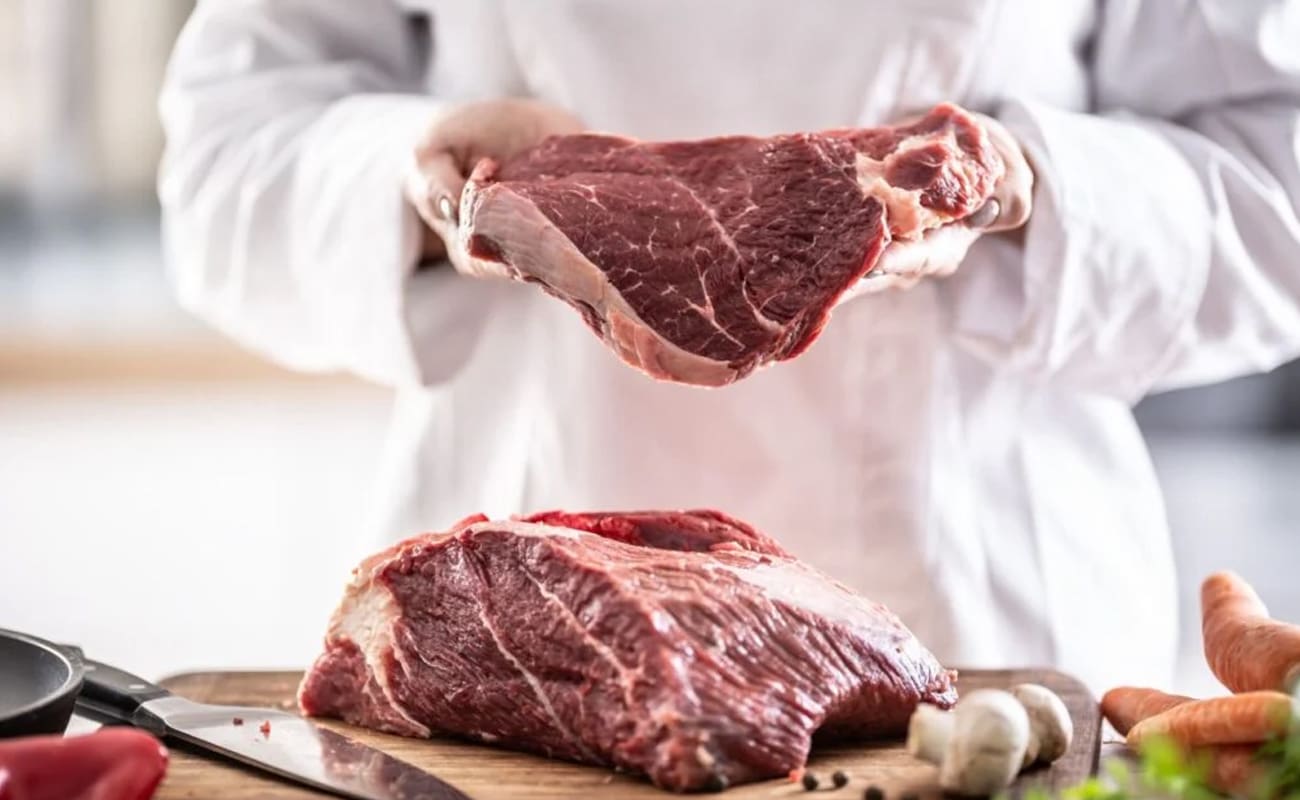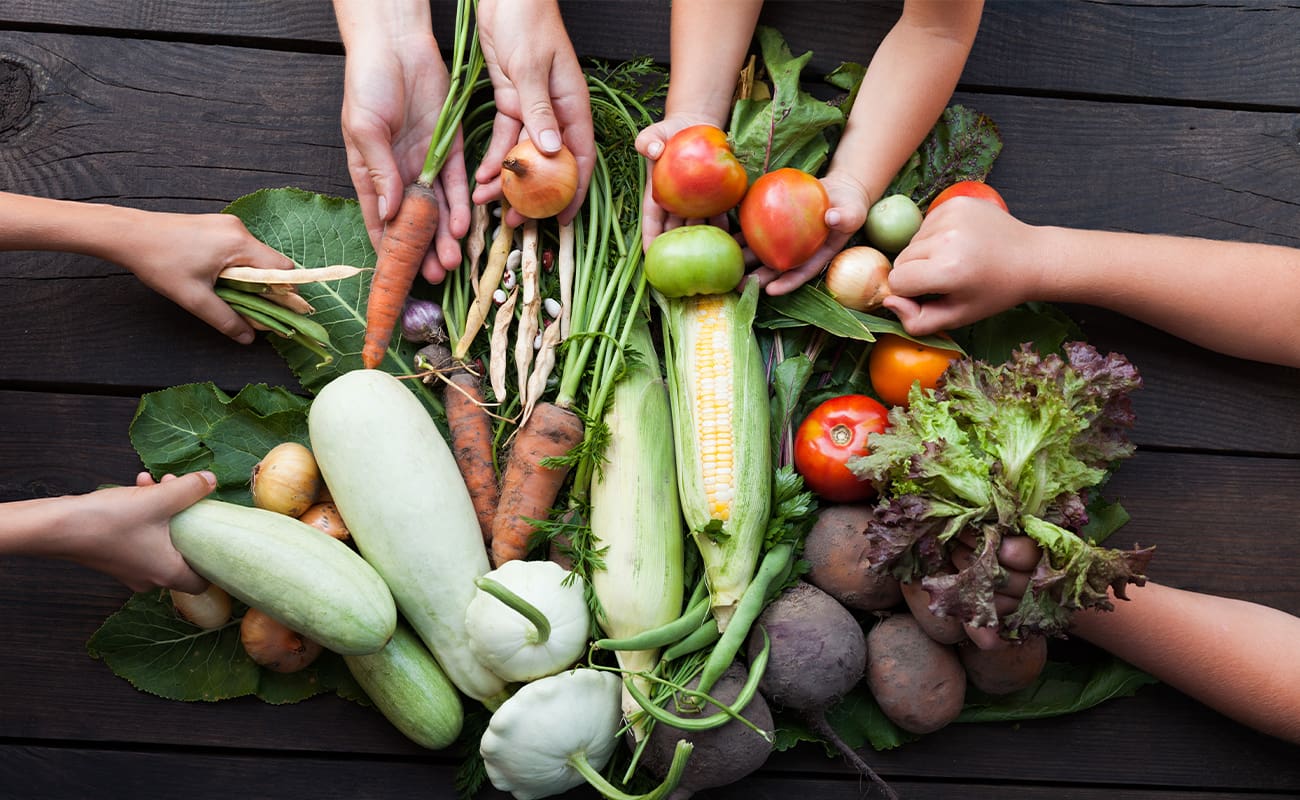Deforestation driven by industrial agriculture, particularly for livestock feed and grazing, is one of the leading causes of habitat loss and ecosystem disruption worldwide. Vast tracts of forests are cleared to make way for cattle pastures, soybean cultivation, and other feed crops, displacing countless species and fragmenting natural habitats. This destruction not only threatens biodiversity but also destabilizes local and global ecosystems, affecting pollination, soil fertility, and climate regulation.
Habitat loss extends beyond forests; wetlands, grasslands, and other critical ecosystems are increasingly compromised by agricultural expansion. Many species face extinction or population decline as their natural environments are converted into monoculture farms or livestock operations. The cascading effects of these changes ripple through food chains, altering predator-prey relationships and reducing the resilience of ecosystems to environmental stressors.
This category underscores the urgent need for sustainable land-use practices and conservation strategies. By highlighting the direct links between industrial farming, deforestation, and habitat degradation, it encourages proactive measures such as reforestation, habitat restoration, and responsible consumer choices that reduce the demand for land-intensive animal products. Protecting natural habitats is essential for preserving biodiversity, maintaining ecological balance, and ensuring a sustainable future for all living beings.
As environmental concerns take center stage, the impact of our dietary choices on the planet is becoming impossible to ignore. The food we consume plays a pivotal role in shaping our carbon footprint, with meat-based diets contributing significantly to greenhouse gas emissions and resource depletion. In contrast, plant-based diets are emerging as a sustainable alternative, offering lower carbon emissions, reduced water usage, and decreased energy consumption. This article explores the stark differences between meat and plant-based foods in terms of their environmental impact—delving into deforestation, methane emissions from livestock farming, and transportation footprints. By examining these factors through an evidence-driven lens, we uncover how shifting towards plant-centric eating habits can help combat climate change while fostering a healthier planet for future generations


























































